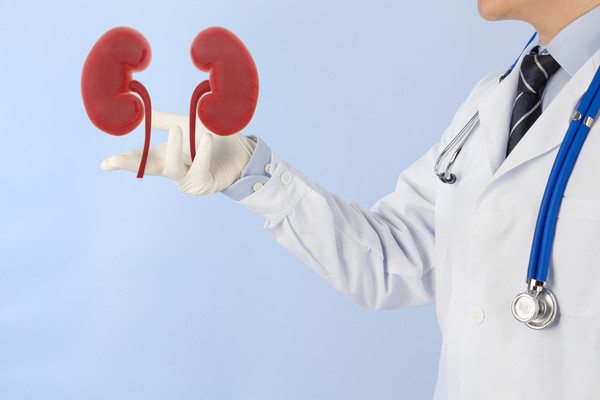The number of patients diagnosed with end-stage renal failure last year more than doubled compared to 2012 in Korea, a state health insurance agency said Friday.

According to a report released by the National Health Insurance Service (NHIS) about end-stage renal failure treatment status from 2012 to 2021, there were 11,480 new patients with end-stage renal failure last year, up 120.3 percent from 2012.
The number of patients under 65 increased by 73.5 percent from 3,074 in 2012 to 5,333 in 2021, and the number of people over 65 increased by 187.5 percent from 2,138 to 6,147. A total of 76,281 patients received treatment for end-stage renal failure, an increase of 26,124 from 50,156 in 2012. The average annual growth rate of patients receiving treatment for the end-stage renal disease was 4.8 percent.
Those in their 70s accounted for the most end-stage renal failure patients with 26,759 (35.1 percent), followed by 60s (29.1 percent), 50s (21.4 percent), and under 50 (14.4 percent). The data showed that the number of patients under 50s dropped by 6.1 percent from 2012, but that for over 50 rose during the period.
End-stage renal disease patients in their 70s and older increased by 117.7 percent.
The medical cost of health insurance caused by end-stage renal failure increased 80.1 percent, from 1.2 trillion won ($947 million) in 2012 to 2.1 trillion won last year.
“The number of new patients with end-stage renal failure among people 65 years and older is rapidly increasing,” said Professor Hong Yuh-ah at Daejeon St. Mary's Hospital. “The prevalence of chronic kidney disease causative diseases in elderly patients is also increasing. Therefore, it is necessary to detect chronic kidney diseases early and manage them to prevent progression to end-stage renal failure.”
NHIS Health Insurance Executive Director Lee Sang-il said, “In the case of chronic renal failure patients, who are subject to special calculation of patients with the severe, intractable disease, the government reduces co-payment rate. However, there is an economic burden due to lifelong health care as it is difficult to cure.”
Lee stressed that the NHIS would continue to strengthen insurance coverage and alleviate the burden on the public so that severely ill patients, who are under a great social and economic burden, can receive appropriate treatment.
End-stage renal failure refers to a condition in which the renal function remains less than 10 percent due to the progress of chronic kidney disease. As end-stage renal failure patients cannot excrete water and uremic voluntarily, they require dialysis and kidney transplantation.
The main cause of end-stage renal failure is underlying diseases, such as diabetes, high blood pressure, and glomerulonephritis. However, it is difficult to detect the disease early as there are no specific symptoms.


